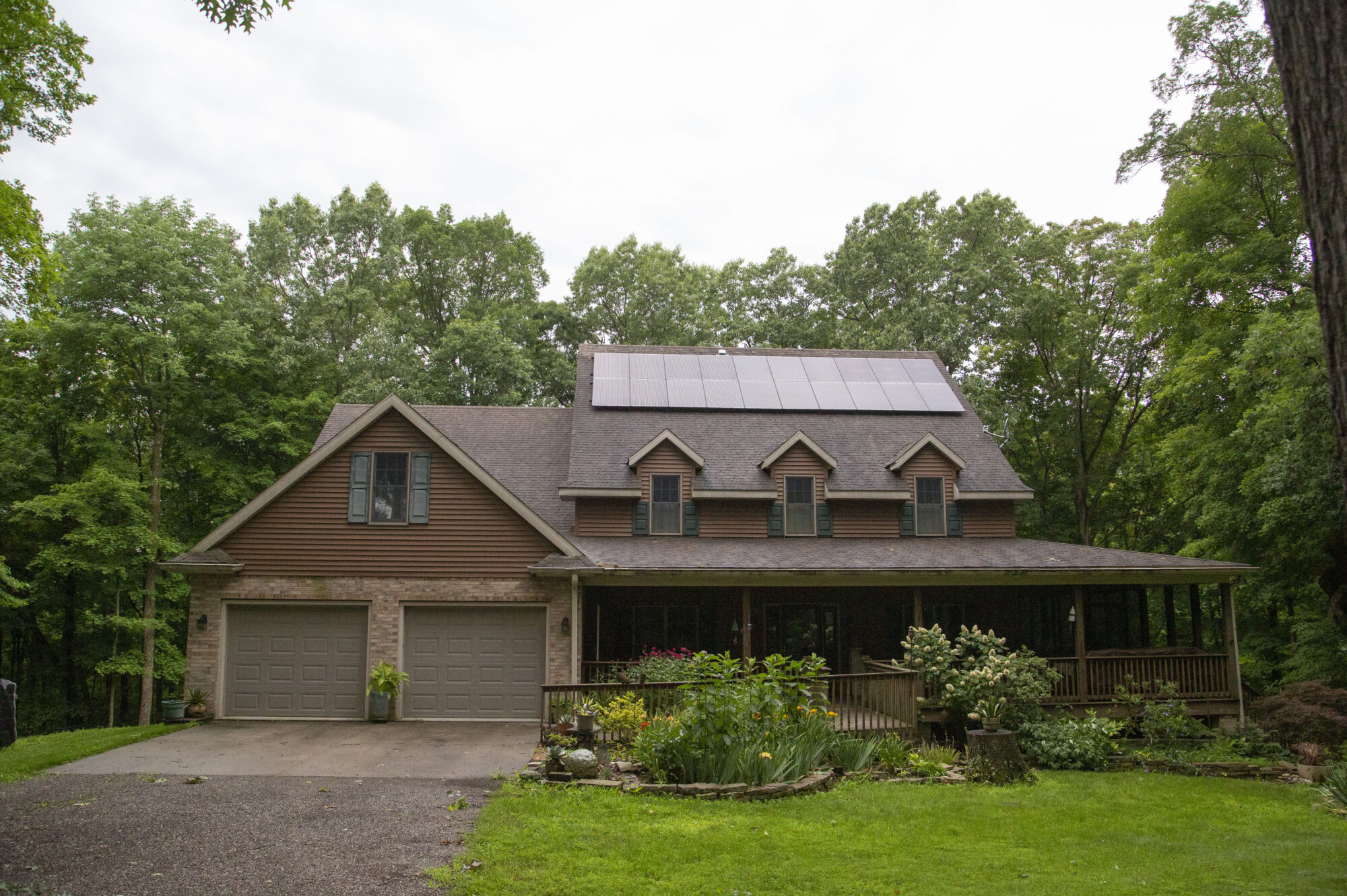MREA seeks sustainable solar reform at the Capitol this session

The Minnesota Rural Electric Association, along with Minnesota’s electric cooperatives, celebrates the inclusion of solar reform legislation in the Senate energy budget bill, sponsored by Senator Nick Frentz (DFL-North Mankato). The proposed bill seeks to update outdated legislation designed to help launch the solar industry in the 1980s.
The legislation has bipartisan support and has been heard in both chambers. The bill aims to modernize what is known as “net metering” to ensure co-op and municipal consumers are not overpaying for solar electricity.
MREA seeks sustainable solar reform so that individuals who wish to install solar to offset their own energy use can continue to do so. The payback period for those who install a system sized to meet their energy needs will not change under the legislation. The proposed bill aims to change the compensation individuals receive when they build energy systems larger than needed and sell the excess back to local utilities.
Currently, a person can build a system many times larger than their home needs, and the utility is required to pay them retail prices for all the excess electricity they sell back to the utility.
According to a Berkeley Lab study, those who install solar systems are typically higher-income consumers. The money paid for their solar energy comes from all other utlity consumers at not-for-profit electric cooperatives and municipals.
“Utilities can purchase the same energy at about half the cost by buying or building systems at utility scale,” said MREA CEO Darrick Moe. “And that means, we can get twice as much carbon reduction for the same price.”
“As it stands now, a person on a fixed income is helping to pay for their neighbor’s $80,000 passive-income generating solar system through their higher electric bills,” Moe said. “Our current net metering laws are outdated, expensive and inequitable, and we thank the legislators who have authored these thoughtful bills in both chambers to reform legislation that was designed to help launch the solar industry.”
Last year, solar energy was 84% of all new generation capacity added, according to the Solar Energy Industries Association. Also, Minnesota law requires that all electricity consumed in the state must be carbon free by 2040. Utilities are obligated to move toward carbon free generation, so paying additional costs for net metered systems raises rates without bringing any more environmental benefit.
Minnesota is the only state in the nation that continues to pay out excess generation at full retail rates. Many other states have modified their net metering laws, and California has already made changes and is seeking further reforms as it faces rising energy costs due to net metering.
